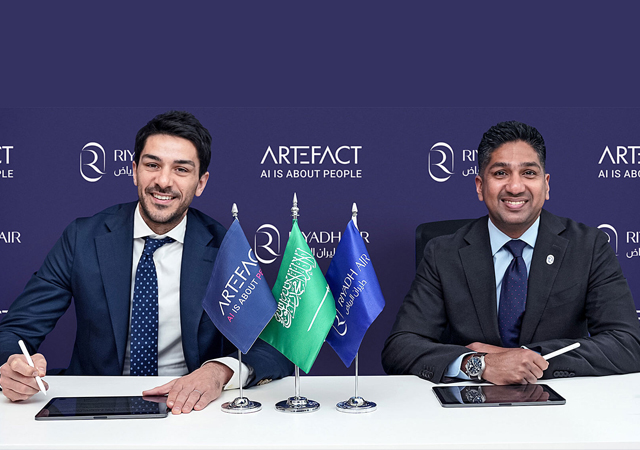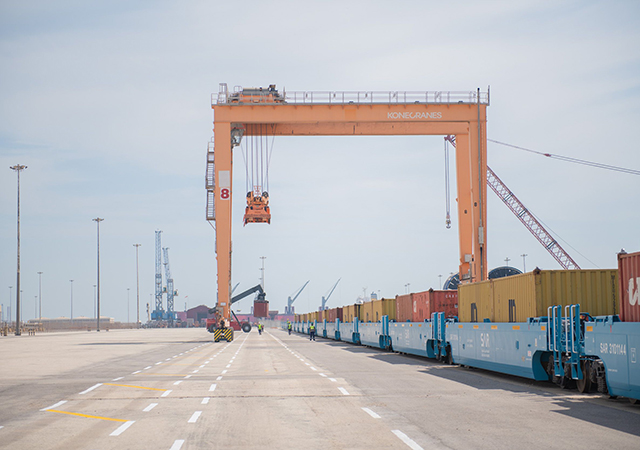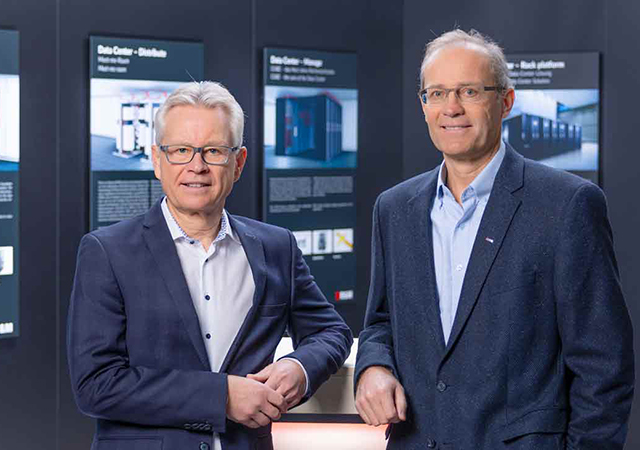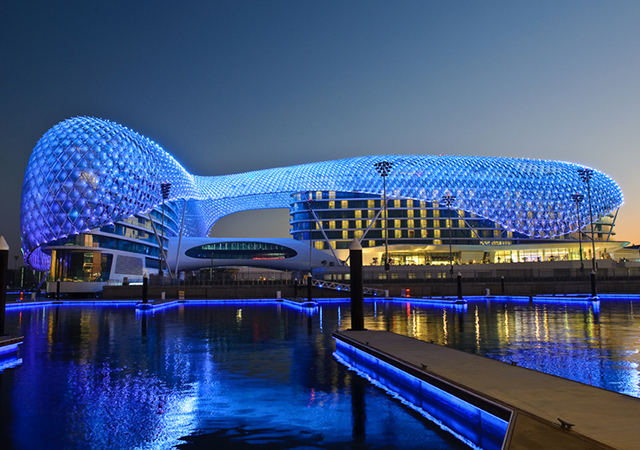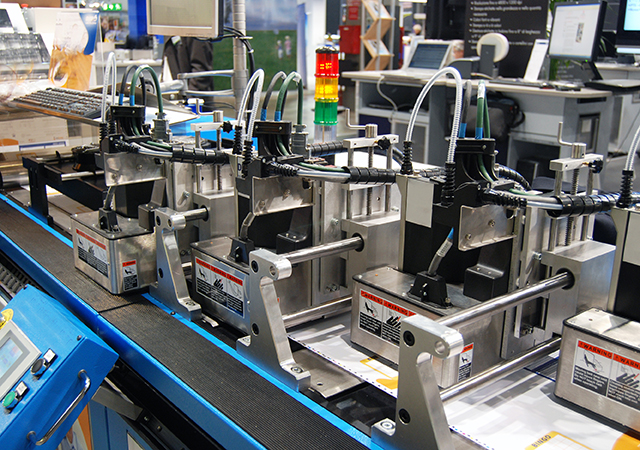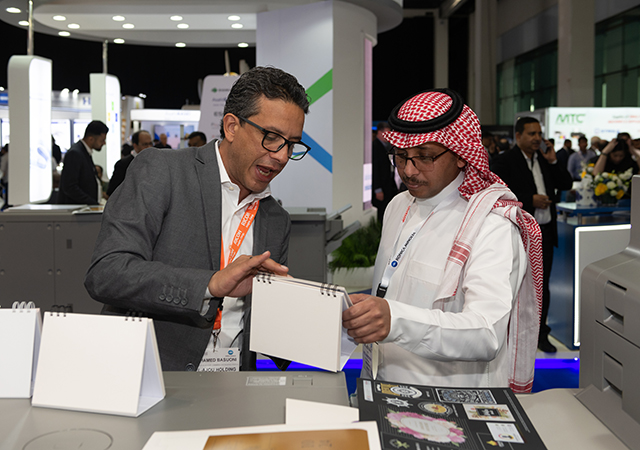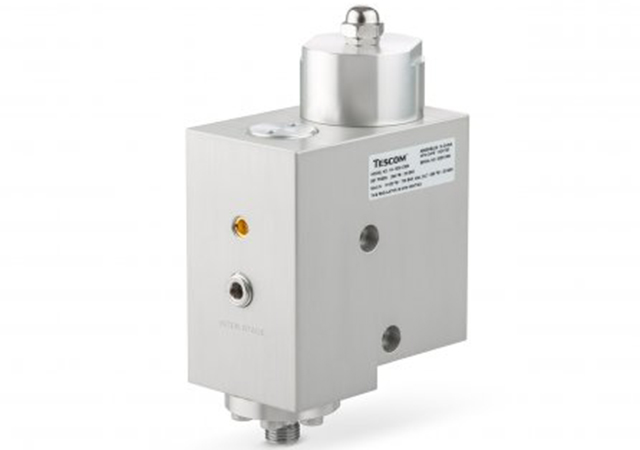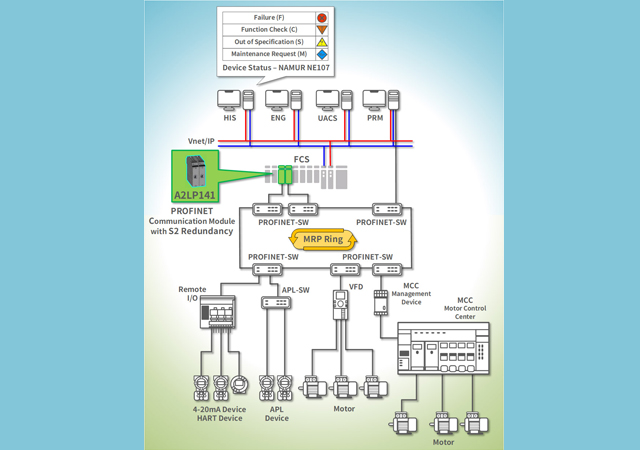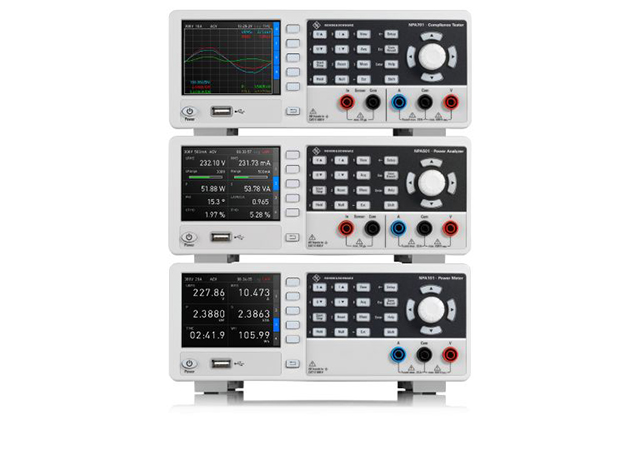
Work has started on a $550 million polyester plant in Egypt. The factory, spread across 630,000 sq m in the city of Alexandria, is due to come on line in the first quarter of 2003.
The main backer of the Saudi-Egyptian Petrochemical Company (Sepco) project is the Saudi Jehan Group Holding Company, headed by Jeddah-based businessman Ahmed Badeeb who is also chairman and managing director of Sepco. Other core investors include Midroc, part of the Saudi-based Al Amoudi Group. Swedish-based Midroc Engineering will work as project manager.
Germany's Lurgi Zimmer, which will design and build the new plant, is understood to have agreed to take an equity stake, as has another, as yet unidentified, technology supplier.
The Egyptian General Petroleum Corporation (EGPC) is to contribute 10 per cent of the paid-in capital, the report said.
The plant, due for completion in 2003, will have a total capacity of 300,000 tonnes per year (tpy).
This will comprise: 150,000 tpy of partially-oriented yarn and textile chips, used for clothing, home textiles, rugs and various industrial operations; 50,000 tpy of staple fibres used to blend with cotton and wool and 100,000 tpy of polyethylene terephthalate (PET) used in packaging, especially for bottled water, soft drinks and edible oil.
Sepco plans to export a significant portion of the plant's output, including 80 per cent of the PET.
Europe imports 40 per cent of its polyester filament requirements and 35 per cent of its staple fibres and with no major additional capacity expected, the continent is set to maintain its dependence on imports, said Peter Driscoll of PCI Consultants, which has been acting as an adviser to Sepco.
European demand for PET is also expected to increase rapidly.


